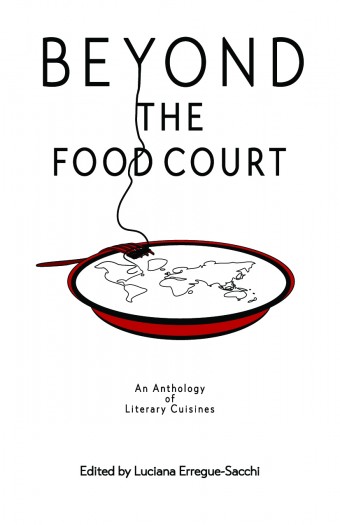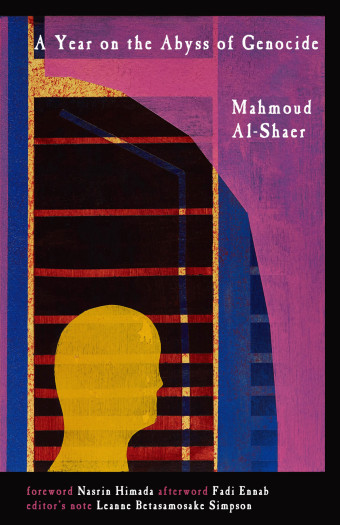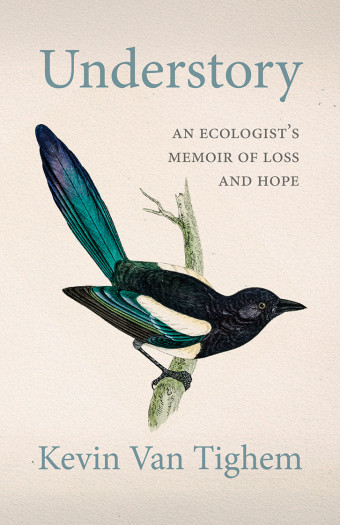Literature and food – both can satisfy cravings and hunger. Both have the power of evoking sameness or diversity. Both also create memories (think Proust). In fact, food is often used as a literary metaphor; we say we devour books, or that a particular narrative is bland.
Beyond the Food Court: An Anthology of Literary Cuisines is a collection of creative non-fiction essays from 14 writers from various places throughout the world who now call Canada home. In these essays, they explore their experiences of food and words.

- Beyond the Food Court
- Luciana Erregue-Sacchi (Editor)
- Laberinto Press
- $23 Paperback, 132 pages
- ISBN: 978-17-77085-90-2
“Like language itself, we experience food in our mouths,” says Luciana Erregue-Sacchi, the anthology’s editor and the founder of Laberinto Press, a new Alberta publisher focusing on literature in translation and on publishing writers whose first language is not English.
“The senses are one of the most basic features every living creature on Earth has in common. This anthology is about the most basic of them: taste.”
Citing novels such as The Edible Woman by Margaret Atwood, and Latin American books such as Laura Esquivel’s Like Water for Chocolate, Erregue-Sacchi notes, “Those authors speak of food as metaphor for love, or gender. Biblical, mythological tales, and fables delve into food, a subject to which we can all relate.
“That is the point of the anthology. I wanted a metaphor, an analogy that we (immigrants and non-immigrants) could understand at a visceral level, and that is food.”
Erregue-Sacchi says the inspiration for the anthology came from a conversation over coffee with her friend Yasser Abdel-Latif, a renowned Egyptian author living in Edmonton who is the concept editor of the anthology.
“We were recalling how Hemingway discusses food in A Moveable Feast where he describes these wonderfully simple French dishes, like potato salad,” she explains.

“After waxing lyrical about it, Hemingway says, more or less, I am still hungry. This hunger – that cannot be satiated, and speaks of his regrets, his angst – permeates the book. We then began imagining how would it be to have immigrant writers like ourselves write about food and our city, but really, addressing other concerns, such as language, nostalgia, pleasure, geography.”
The title came from the idea that, when thinking of multicultural meals and experiences, “most people focus on food court offerings, when in reality, cuisines and experiences are profoundly diverse.”
The project began as an application for a Cultural Diversity in the Arts Project Grant from the Edmonton Arts Council. For the application, Erregue-Sacchi drew from a core group of fellow writers, most of whom were alumni or mentors of the Writers’ Guild of Alberta’s Borderlines Writers Circle (which included Erregue-Sacchi herself). The grant also helped to establish Laberinto Press.
Erregue-Sacchi hopes that this collection will invite readers to think of their own experiences with food and culinary moments, and how they connect to larger or more intimate phenomena.
“I also hope to build dialogue and bridge cultural differences, demystifying the idea that one person from a particular ethnic group can speak for the rest,” she says.
“The book – and the press – are an effort to stamp out tokenism in Canadian literature, avoiding delving exclusively in trauma narratives, a corset many BIPOC or underrepresented writers carry with them.”













